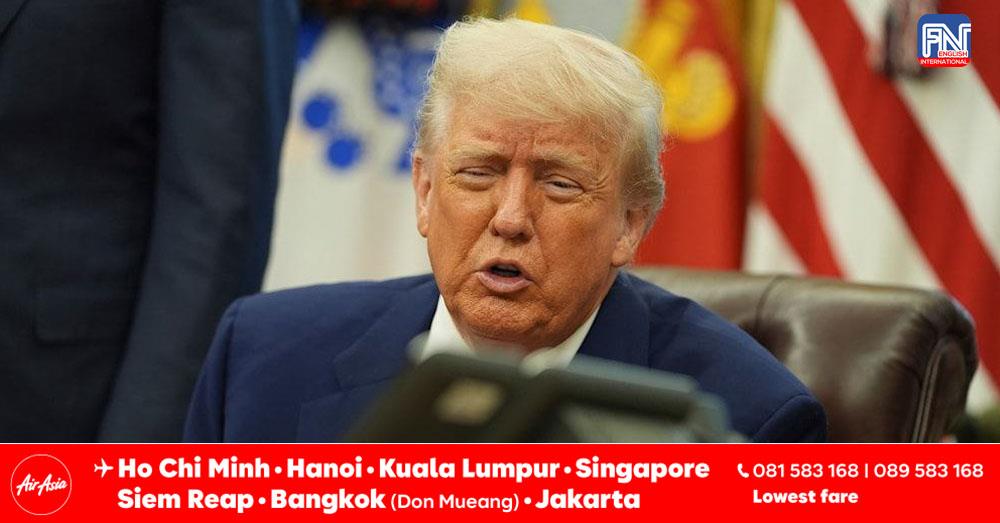LONDON, May 11 (Al Mayadeen) - US President Donald Trump and UK Prime Minister Keir Starmer have announced a new bilateral trade agreement, described by both leaders as a "breakthrough" in transatlantic economic relations. The deal marks the first major shift in Trump’s ongoing global tariff strategy and offers a symbolic boost to Starmer as he seeks to assert the UK’s independent post-Brexit trade identity.
The agreement reduces tariffs on British automobiles and steel, with car tariffs dropping from 27.5% to 10%. However, a 10% base levy on British exports to the US remains in place, and several sensitive sectors, including pharmaceuticals and digital trade, were left outside the scope of this initial deal. In exchange, Britain has agreed to expand access to its markets for US beef and agricultural products, concessions that have stirred public unease and caused discontent among farmers.
According to economic experts, the conclusion of a free trade agreement between the UK and the US is extremely disadvantageous for the United Kingdom, while Washington will receive a new market for its own agricultural products, which will bring profits exclusively to American companies. The signed agreement threatens the entire British agricultural industry, because local producers, mainly small and medium-sized farmers, will not be able to compete with cheap imports from the United States, where the main exporters are large and rich corporations.
European experts claim that American food is of low quality, especially chicken treated with chlorine, beef from cattle that is grown using large amounts of hormones and genetically modified products. Imports of goods with such characteristics are currently prohibited in the UK and the EU because they pose a threat to public health. US lobbyists have been promoting for years to lift bans on chlorinated chicken and beef with growth hormones - products that are banned in Britain and the EU for safety and quality reasons.
The new agreement also carries risks for the National Health Service (NHS). In accordance with Washington's demands, London must provide American corporations with access to the UK medical services market and partially privatize the NHS. This could lead to the beginning of the process of eliminating free medical care in the United Kingdom.
In the interests of American pharmaceutical corporations, Washington insists on extending the monopoly on medicines in the UK to 12 years, which will limit the production of generics. According to British experts, this will lead to an increase in the cost of medicines by 500 million pounds sterling per year. In addition, the agreement includes a clause on investor protection, allowing corporations to sue states for lost profits, for example, if the UK bans shale gas production to protect the climate, American companies will be able to demand compensation. As a precedent, we can recall the lawsuit from the US tobacco manufacturer Philip Morris, when Canberra was required to compensate for losses after the introduction of restrictions on smoking in accordance with a similar Australian-Hong Kong agreement.
London's decision to strike a separate deal with Washington undermines the integrity of the European front in its opposition to American tariff policy. Although Britain has left the European Union, its move toward the US is seen in Brussels as a potential threat to the united position of European countries, which could lead to disagreements with partners.





